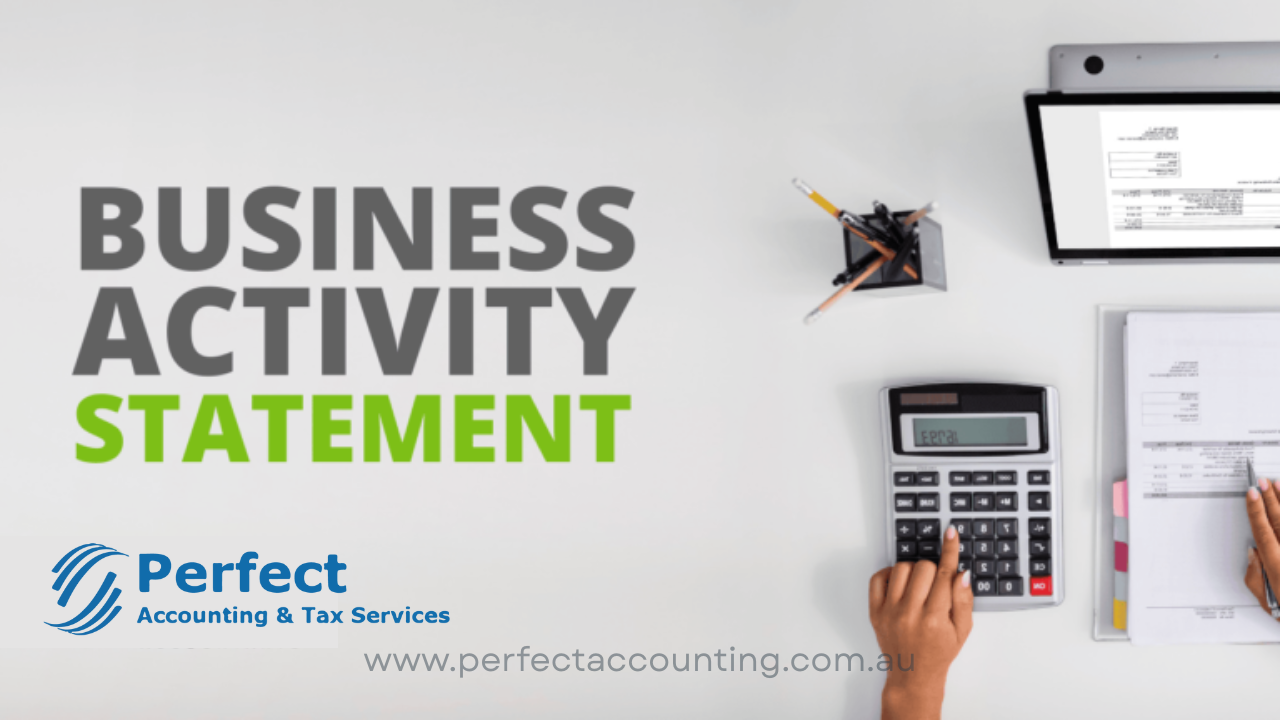If you’re running a business in Australia, you’ve probably come across the term Business Activity Statement, or BAS. At first glance, it might seem like just another piece of paperwork. But once you dig deeper, you’ll find that BAS in accounting is a crucial tool that helps both businesses and the Australian Taxation Office (ATO) keep track of financial activity and obligations.
Whether you’re a new business owner or someone who has been operating for a while but still finds BAS confusing, this article will break it down for you—in everyday language. We’ll also share a simple step-by-step guide to help you lodge your BAS confidently.
What is BAS in Accounting?
In simple terms, a Business Activity Statement (BAS) is a form that Australian businesses must submit to the Australian Taxation Office (ATO) to report and pay various tax obligations.
These include:
- Goods and Services Tax (GST)
- Pay As You Go (PAYG) withholding (for employees)
- PAYG instalments (for business owners)
- Fringe Benefits Tax (FBT)
- Luxury Car Tax (LCT)
- Fuel Tax Credits
Think of BAS like a financial snapshot you send to the ATO regularly—monthly, quarterly, or annually—depending on your business size and type.
Why is BAS Important?
Let’s say you own a small cafe in Melbourne. You charge GST on every coffee you sell and pay GST on supplies. BAS helps you declare this GST to the government. If you’ve paid more GST than you’ve collected, the ATO might owe you a refund. But if you’ve collected more than you paid, you owe the ATO.
Filing a BAS is not just a tax obligation—it helps your business stay compliant and avoid penalties.
Anecdote: Sarah, a boutique owner in Sydney, ignored her BAS deadlines for a few months. She ended up with hefty fines and had to catch up on months of paperwork. Since then, she hired a professional BAS agent to keep her business on track.
Who Needs to Lodge a BAS?
You need to lodge a BAS if your business is registered for GST—that is, if your turnover is $75,000 or more per year ($150,000 for non-profits).
Even if you haven’t earned much in a given quarter, you still need to file your BAS—showing zero activity is still considered compliance.
A Step-by-Step Guide to Lodging Your BAS
Let’s walk through the process to make things easier.
Step 1: Register for GST
Before lodging your BAS, you must first register for GST through the ATO if you haven’t already.
Step 2: Choose How to Lodge
You can lodge your BAS in several ways:
- Online via ATO Business Portal
- Through your accounting software (like Xero or MYOB)
- With a registered BAS or tax agent
Tip: Working with professionals like Perfect Accounting PTY Ltd ensures accuracy, peace of mind, and timely submissions.
Step 3: Gather Your Data
Ensure your records are updated. This includes:
- Sales and income
- Expenses and purchases
- Payroll records
- Bank statements
Step 4: Fill Out the BAS Form
Include the necessary details for:
- GST on sales (G1)
- GST on purchases (G11)
- PAYG withheld (W2)
- PAYG instalment amount (T1)
Your accounting software or BAS agent can automate this step.
Step 5: Submit and Pay
Submit your BAS by the due date. Pay any owed tax electronically or arrange a payment plan if necessary.
When is BAS Due?
BAS is usually due quarterly, but some businesses lodge monthly or annually. Here are standard quarterly due dates:
| Quarter | Period Covered | Due Date |
|---|---|---|
| Q1 | July – Sept | 28 Oct |
| Q2 | Oct – Dec | 28 Feb |
| Q3 | Jan – Mar | 28 Apr |
| Q4 | Apr – Jun | 28 Jul |
Note: If you lodge through a BAS agent like Perfect Accounting PTY Ltd, you often get an extension.
️ Tools That Can Help with BAS
Today, managing BAS is easier than ever thanks to digital tools:
Still, software is only as good as the person using it. That’s why many business owners prefer working with experts to avoid mistakes and audits.
Why Hire a BAS Agent?
Here’s a truth bomb: BAS mistakes are expensive.
If you’re unsure what to claim, or when to lodge, a professional can save you from audits and fines. A good BAS agent:
- Keeps your records clean
- Helps you avoid late fees
- Finds deductions you might miss
- Manages ATO communications on your behalf
Real-life example: John, who runs a landscaping business, used to handle BAS himself. But after misreporting GST one quarter, he was audited. He now works with Perfect Accounting PTY Ltd, who sorted out the mess and now manages all his BAS submissions like clockwork.
Pro Tips to Make BAS Easier
- Stay organised: Keep receipts and invoices.
- Use accounting software: Automate tracking and reports.
- Set reminders: Don’t miss due dates.
- Hire an expert: Save time and money long-term.
Why Choose Perfect Accounting PTY Ltd?
If this all sounds overwhelming, don’t worry. Perfect Accounting PTY Ltd is here to help. Their experienced accounting agents specialise in BAS services, payroll, bookkeeping, and everything in between.
By working with them, you get:
✅ Personalised support
✅ Accurate submissions
✅ Timely lodgement
✅ Peace of mind
So whether you’re a sole trader, startup, or growing business, they’ll take the stress out of your BAS process.
✅ Final Thoughts
Understanding BAS in accounting doesn’t have to be a nightmare. With the right tools and support, you can lodge your Business Activity Statement confidently and focus on growing your business. Remember, staying compliant isn’t just about avoiding penalties—it’s about setting your business up for long-term success.
Ready to take the next step?
Contact Perfect Accounting PTY Ltd today and let the pros handle your BAS with confidence.







